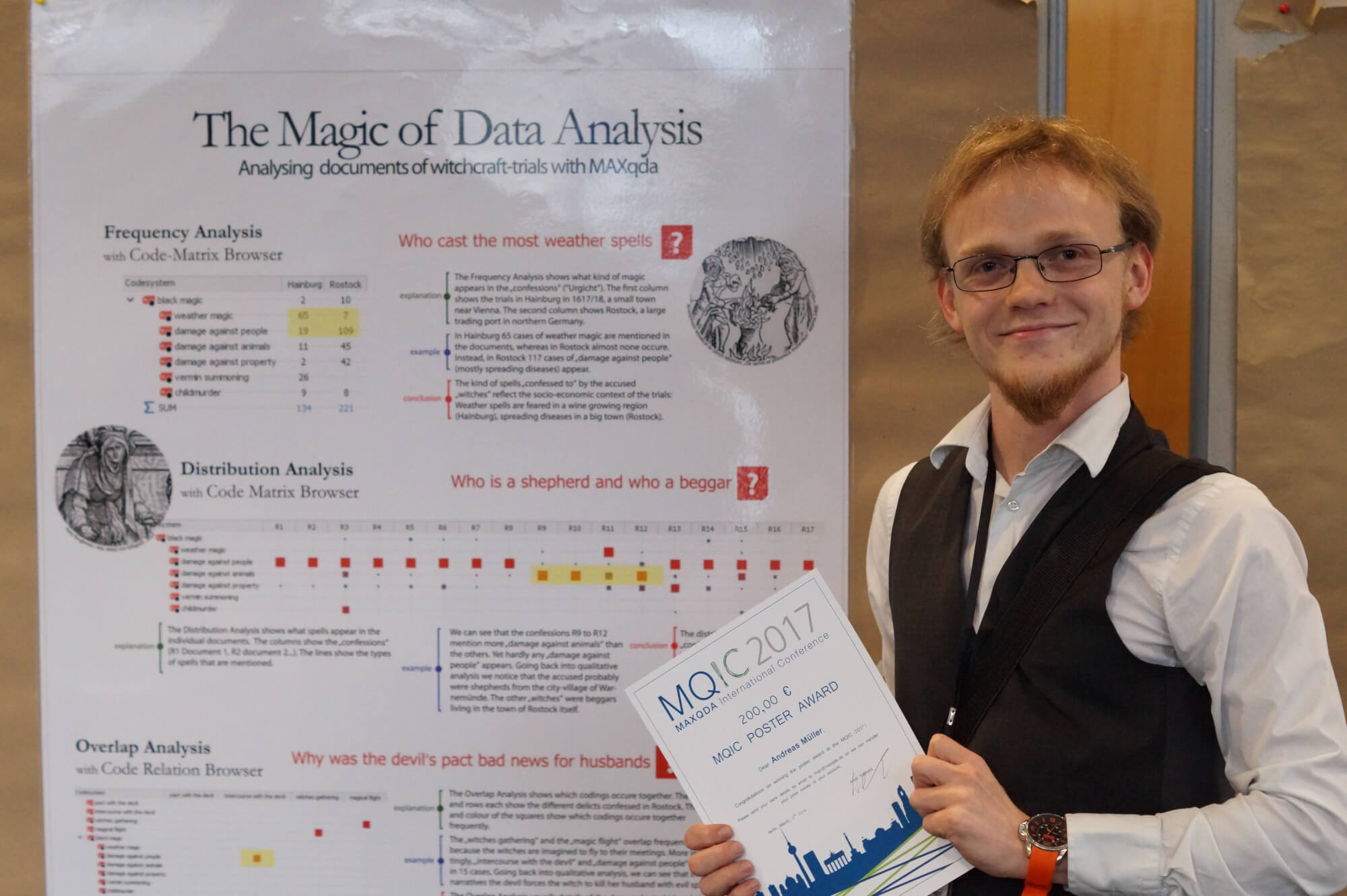

It has been reported that the choice of coping strategies is designed by national culture. Ĭoping with the disease is a dynamic process that is strongly influenced by the individual and cultural factors and may take different forms between and within cultural and religious traditions. Such coping strategies influence psychosocial adjustment among BC survivors.
For women with BC, coping is a strategy through which they perceive and handle various stressors experienced during the BC diagnosis and treatment process as challenges and threats. The goal of coping strategies is to compensate for or improve stressful situations by either the reformulation of objectives or the adjustment to a new and positively assessed situation. Coping strategies, as one of the factors that influence wellbeing, are the cognitive and behavioral efforts of individuals to interpret and overcome problems that generally include three types problem-focused, emotion-focused, and avoidant coping. Some authors have posed coping as one of the factors that can determine wellbeing. The sequelae may include hair loss, infertility, weight gain, or premature ovarian failure and sometimes limited ability to move an affected arm, changes in body image, dyspareunia, reduced sexual desire and lower sexual attraction for the partner, and therefore, low self-esteem.

Worldwide, BC survivors have some sequelae, which result in negative feelings. Some women, despite seeing suspicious symptoms in their breasts, see a doctor too late and are reluctant to have a clinical breast examination, especially by a male therapist. Also, talking about it is considered taboo. In Iran, the breast is perceived as one of the most private parts of the body and a significant part of a woman’s identity, serving as a symbol of femininity, sexual desire, beauty, and a woman’s capacity for motherhood. According to the results of several studies in Iran, losing the breast for a woman is not just the loss of a part of the body but also affects a person's feelings towards others and their reactions, as well as their lifestyle, quality of life, perceived threat to continuing marriage bound, and even if it is followed by social complications. The diagnosis of breast cancer (BC), followed by medical treatment and additional life challenges, can be associated with significant emotional distress. A trained team of oncologists, psychiatrists, mental health professionals, and reproductive health specialists needs to contribute significantly to improving the coping ability of patients with cancer, which could lead to enhanced health promotion and a higher quality of life.Ĭancer is a complex disease that affects patients in both physical and emotional aspects. Our findings provide an in-depth understanding of Iranian women’s strategies for coping with BC. The emotional coping strategies consisted of denial as a temporary escape route, positive thinking and focusing on the positive aspects of life, reinforcement of spirituality, and seeking the support of relatives. The main categories that emerged from the participants' data analysis were “behavioral coping strategies” and “emotional coping strategies.” Behavioral coping strategies included efforts to adopt healthy nutrition, attempts to improve a healthy lifestyle, maintenance of everyday activities, use of specialized cancer support consultation services, and seeking to increase health literacy about BC. Components of trustworthiness, including credibility, dependability, confirmability, and transferability, were considered.
#MAXQDA ENGLISH SOFTWARE#
MAXQDA 12 software was used for data organization. Data were analyzed using conventional content analysis adopted by Graneheim and Lundman. The data were collected using semi-structured interviews. Fourteen BC survivors were selected through purposive sampling. This qualitative study was conducted in Mashhad, Northeast Iran, between April and December 2021.

This study aimed to explore the coping strategies of BC survivors in Iran. Understanding the coping strategies employed by cancer survivors can provide valuable information for designing interventions to help them adapt to the problems produced by cancer and its treatment. Breast cancer is the most frequent cancer in Iran.


 0 kommentar(er)
0 kommentar(er)
